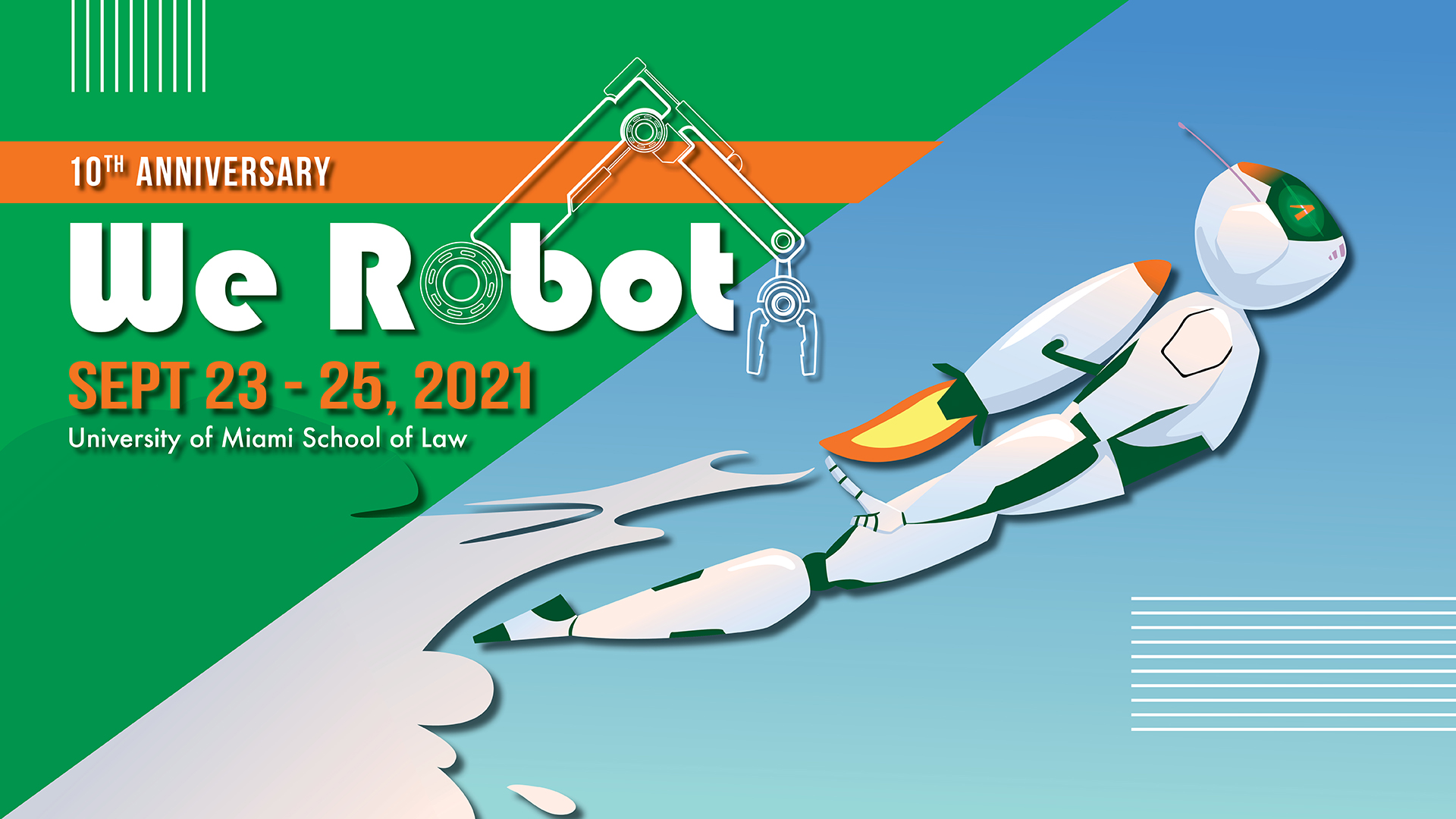
Alyssa Kubota
Alyssa Kubota, Maryam Pourebadi, Sharon Banh, Soyon Kim, and Laurel D. Riek will present their paper, Somebody That I Used to Know: The Risks of Personalizing Robots for Dementia Care, on Saturday, September 25th at #werobot 2021. Michelle Johnson will moderate the 4:30pm – 5:30pm panel on Health Robotics.

Maryam Pourebadi
People with dementia (PwD) often live at home with a full time caregiver. That caregiver is often overburdened, stressed, and is themselves an older adult with health problems. Research has explored the use of robots that can aid both PwD and their caregivers with a range of daily living tasks, conduct household chores, provide companionship, and deliver cognitive stimulation.

Sharon Banh
A key concept discussed for these assistive robots is personalization, which is a measure of how well the robot adapts to the person over time. Personalization offers many benefits, including treatment effectiveness, adherence to treatment, and goal-oriented health management. However, it can also jeopardize the safety and autonomy of PwD, or exacerbate their social isolation and abuse. Thus, as roboticists continue to develop algorithms to adapt robot behavior, they must critically consider what the unintended consequences to personalizing robot behavior might be.

Laurel D. Riek

Soyon Kim

Michelle Johnson (moderator)
As robot designers who also work in community health, our team is uniquely positioned to explore open technical challenges and raise ethical concerns of personalizing robot behavior to people with cognitive impairments. In this paper, we propose key technical and policy concepts to enable robot designers, law-makers, and others to develop safe and ethical approaches for longitudinal interactions with socially assistive robots, particularly those designed for people with cognitive impairments. We hope that our work will inspire roboticists to consider the potential risks and benefits of robot personalization, and support future ethically-focused robot design.
